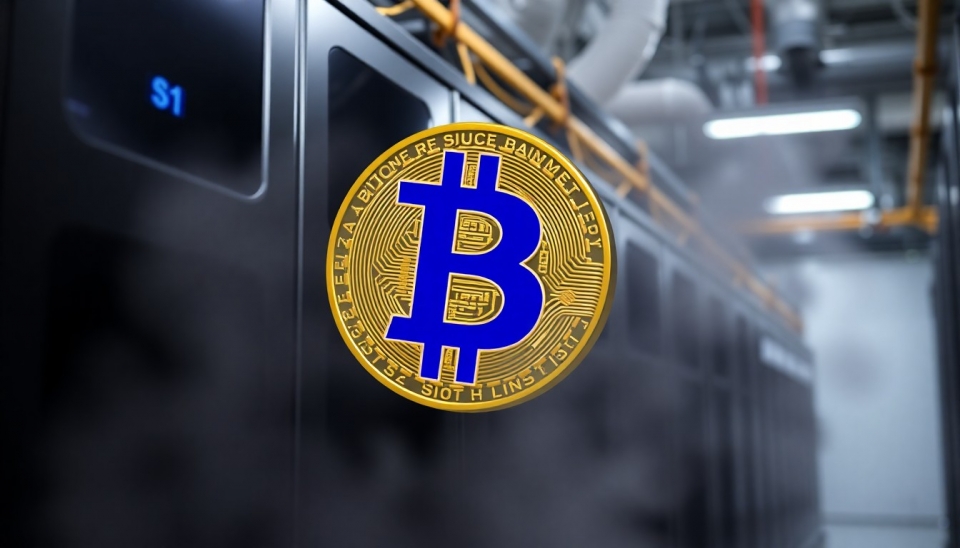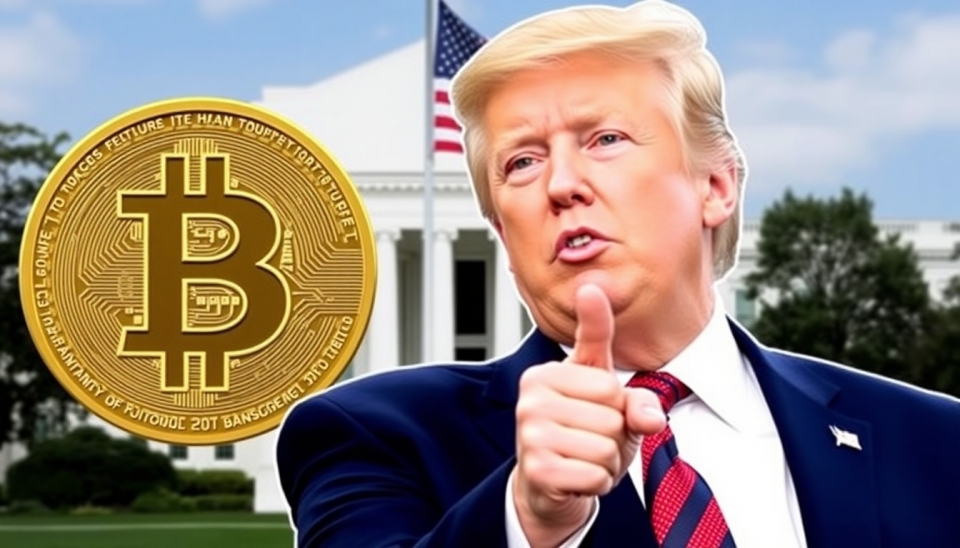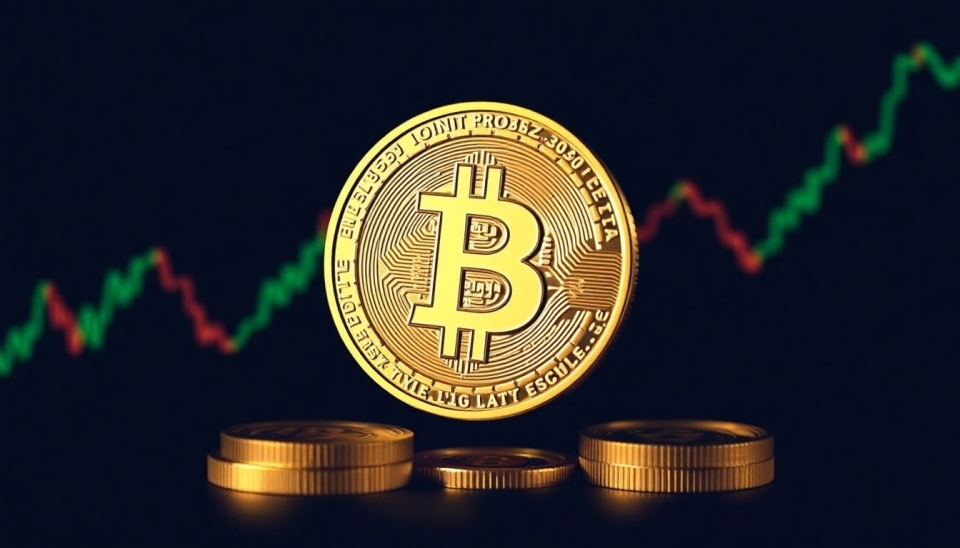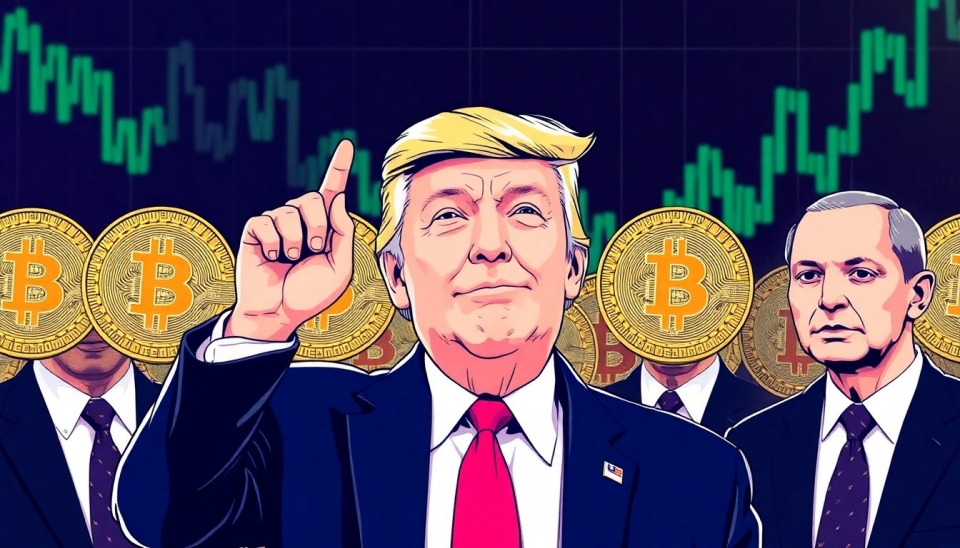
In a thrilling turn of events, Bitcoin's price has briefly eclipsed $93,000, fueled by speculations surrounding former President Donald Trump's political strategies and the Federal Reserve's evolving monetary policies. This remarkable surge marks a significant milestone in the cryptocurrency's volatile history and reflects a larger sentiment amongst traders and investors regarding potential shifts in economic dynamics.
The recent rally can be attributed in part to renewed interest in Bitcoin as a hedge against inflation and economic uncertainty, particularly as the political landscape in the United States becomes increasingly unpredictable with Trump hinting at another presidential run in 2024. His influence, seen through a blend of populist rhetoric and market-oriented policies, has been instrumental in shaping market expectations.
Investors are keenly observing how Trump's agenda might impact fiscal stimulus and regulation in the cryptocurrency market. Many believe that should Trump return to power, he may implement policies that are more favorable to digital currencies, thereby attracting even more inflow into Bitcoin and other cryptocurrencies. This prospect has undoubtedly ignited bullish sentiment among traders, causing a ripple effect throughout the market.
Moreover, the Federal Reserve’s ongoing discussions regarding interest rates also loom large over the cryptocurrency landscape. As the Fed contemplates its next moves, particularly in the face of inflationary pressures, many traders are betting that a more accommodative policy could lead to further investments in assets like Bitcoin. The recent price movement has prompted conversations about Bitcoin being viewed as 'digital gold,' a safe haven amidst rising market uncertainty.
This brief yet significant rally above $93,000 highlights the growing connection between traditional political movements and the burgeoning cryptocurrency market. Analysts are noting that such correlations could redefine the way cryptocurrencies are perceived and traded going forward. As both the political climate and federal policies evolve, Bitcoin may continue to attract both retail and institutional investment, solidifying its status as a mainstream financial asset.
The current trajectory suggests that Bitcoin’s performance will be closely linked to external factors, including developments in U.S. politics and the monetary policy environment dictated by the Federal Reserve. As the year unfolds, the intersection of these forces will likely keep Bitcoin in the spotlight, presenting both opportunities and challenges for investors navigating this volatile landscape.
As the market prepares for potentially turbulent times ahead, investors are advised to maintain a cautious optimism about Bitcoin’s future. The interplay between cryptocurrency markets and political developments is a pioneering frontier that promises to bring more surprises in the coming months.
In conclusion, Bitcoin's ascension past the $93,000 mark is not just a reflection of its market dynamics but also a snapshot of the complex relationships between politics, economics, and digital currencies. Whether this surge is sustainable in the long run remains to be seen, but one thing is certain: the cryptocurrency realm is more entwined with global events than ever before.
#Bitcoin #Crypto #DonaldTrump #FederalReserve #Inflation #DigitalGold #CryptoInvestment
Author: Sophia Reynolds




